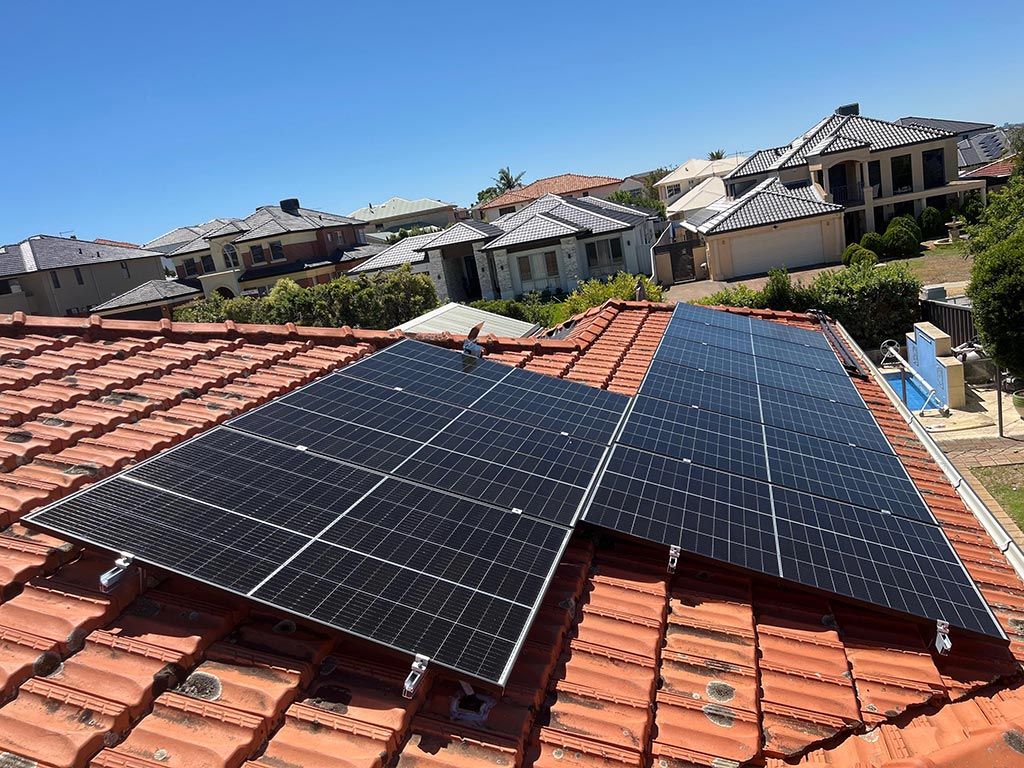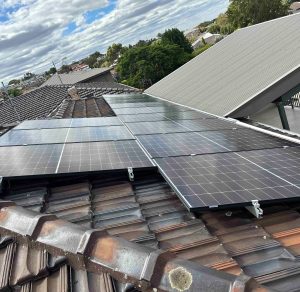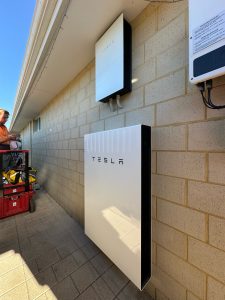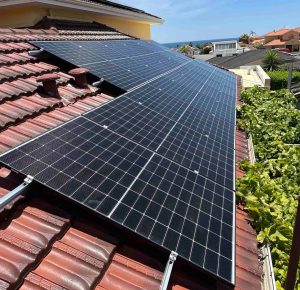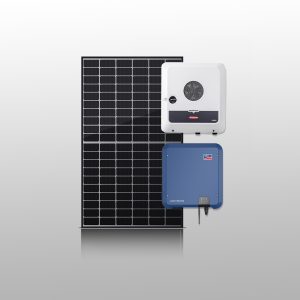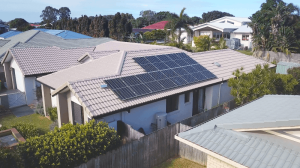Yes, conducting an energy audit is important before installing a solar energy system. An energy audit is a comprehensive assessment of your home or business’s energy use, identifying areas where energy is being wasted and making recommendations for improvements.
Peter Drucker was correct when he said that you cannot manage it if you cannot measure it. Managing the finances, especially how you spend on power is imperative to strike the right balance. An energy audit may help you in managing your power bill in more ways than you can think.
An energy audit is an essential step to take before installing a solar energy system. It evaluates a building’s energy usage, identifies areas of inefficiency, and recommends energy-saving measures. This information is critical for determining the correct size and type of solar energy system to install.
Additionally, an energy audit can identify any issues with the building’s electrical and HVAC system that may need to be fixed before doing any solar installations. A house that is not equipped with proper safety measures may be vulnerable to system failure, electrical fires, or other safety hazards.
What is an Energy Audit?
An energy audit is a process of analysing and identifying the energy consumption patterns of a building or facility. It helps in figuring out solutions to save more energy and make a household more energy-efficient. The primary purpose of an energy audit is to flag areas where energy is being wasted, and to give recommendations on how to reduce energy consumption and costs.
During an energy audit, a trained energy auditor will typically perform a detailed inspection of the building, review energy bills, and conduct tests to measure the performance of various systems and equipment. They may also interview occupants and staff to gather information about energy use patterns and identify potential areas of improvement.
Based on the results of the audit, the energy auditor will prepare a report that outlines recommendations for energy-saving measures. These may include simple fixes such as sealing air leaks or upgrading lighting fixtures, or more complex improvements such as upgrading HVAC systems or implementing renewable energy solutions. There are three types of energy audits that are done in Australia which are as follows:-
- Type 1 is a basic overview of energy consumption with broad estimates of savings. It’s useful for smaller businesses or those that haven’t assessed efficiency before.
- Type 2 is a more rigorous analysis with detailed data and financial evaluation of opportunities.
- Type 3 focuses on a major subsystem with additional measurements for higher accuracy and is useful for larger businesses with specialised equipment or major production facilities.
With the right guidance and know-how, homeowners can perform an energy audit on their own, if they do not wish to hire a professional. Let us take a look at how.
Do an Energy Audit by Yourself
These are six tips to reduce energy consumption in your home.
- First, find out your energy usage and compare it to the average at your location.
- Second, identify energy-guzzling appliances by monitoring their energy usage or using a smart meter.
- Third, upgrade high-usage appliances with Energy Star-rated models.
- Fourth, optimize your lighting and heating/cooling systems.
- Fifth, install adequate insulation and ventilation to reduce the need for heating/cooling.
- Finally, check for air leaks and seal them up to prevent heat loss.
Importance of Energy Audit
An analysis of your energy usage can be conducted to show where it is being used by an energy audit. It can give a range of solutions for reducing energy usage that can be identified and quantified, including costs and benefits analysis.
- The appropriate system design can be determined with the data provided.
- Ways to reduce energy usage can be highlighted.
- An energy audit can help cut down energy costs significantly.
- Technicians can determine the correct positioning and capacity of a solar system.
- The backup time of solar storage can be gauged with an audit.
Why Energy Bills are so High
The primary cause for a high bill is typically exceeding your anticipated electricity or gas usage. Factors that can contribute to a high bill include the amount of energy consumed, the cost per kilowatt-hour or megajoule for your tariff, any discounts you may receive, fees and charges such as late payment fees, and outstanding balances from previous bills.
How Much Power Bill You Can Save Using Solar Energy
The amount of money you can save on your power bill by using a solar system depends on a variety of factors, such as:
- the size and efficiency of your solar panels
- the amount of sunlight your location receives
- the cost of electricity in your area
In general, a typical household can save anywhere from 50% to 100% on their power bills by installing solar panels.
Conclusion
Before installing a solar energy system, an energy audit can help determine the size and type of system that would be most suitable for your energy needs. It can also identify areas where you can improve energy efficiency, such as upgrading insulation, sealing air leaks, and upgrading appliances. By making these improvements, you can reduce your energy consumption, which in turn can reduce the size and cost of the solar energy system needed to power your home or business.
Additionally, an energy audit can help you identify any potential issues with your electrical system or wiring that could affect the performance of a solar energy system. By addressing these issues before installing the solar system, you can ensure that it operates efficiently and effectively.
Without an energy audit, a solar system may be undersized or oversized, leading to unnecessary expenses, decreased efficiency, and even system failure. Homeowners may get an idea of how to decrease or increase the overall size of the solar energy system needed, reducing installation, operational, and servicing costs. After the energy audit, contact Clean Energy Council(CEC) approved solar installers for site assessment. So that, you will get an idea of where to install panels, and how much kW system, etc.

